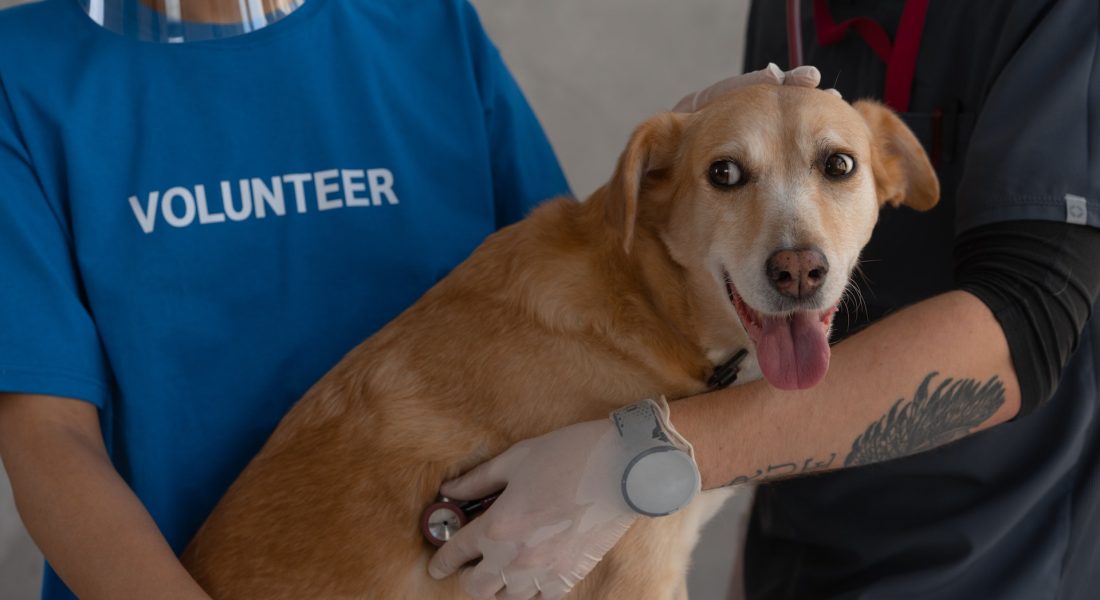As pet owners, we all want to do what’s best for our furry companions. One important aspect of responsible pet ownership is ensuring that our dogs are properly vaccinated. To help you determine which vaccines your dog needs, it is helpful to familiarize yourself with the recommended canine vaccine schedule.
That’s where this guide comes in – consider it your ultimate resource for navigating the world of dog vaccines.
Which Dog Vaccines Are Necessary
The core vaccines are considered essential for all dogs, regardless of their lifestyle and environment. These include:
- Rabies Vaccine: This is required by law in most places as it protects against a life-threatening virus that can also be transmitted to humans.
- Distemper Vaccine: Distemper is a highly contagious and often fatal viral disease that affects dogs’ respiratory, gastrointestinal, and nervous systems. Vaccinating against it is crucial for your dog’s health.
- Parvovirus Vaccine: Parvo is another highly contagious viral disease that can be deadly, especially in young puppies. This vaccine is vital in preventing the spread of the virus.
- Canine Adenovirus Vaccine: Adenovirus causes liver and respiratory infections in dogs and is included in the standard vaccine cocktail to protect against multiple diseases.
- DHPP Vaccine: This is a vaccine that prevents distemper, parvovirus, influenza, and adenovirus. Usually given at 12 and 16 weeks, one year later, and then 1 to 3 years after that.

Apart from core vaccines, other non-core vaccines can be recommended by your veterinarian depending on your dog’s individual needs and lifestyle. These include:
- Bordetella vaccine: This is another common cause of kennel cough, especially in environments where dogs interact with each other frequently.
- Leptospirosis vaccine: Leptospirosis is a bacterial infection that can be spread through contact with infected animals, such as rodents. Dogs that spend much time outdoors are at a higher risk and may benefit from this vaccine.
- Lyme disease vaccine: If you live in an area where Lyme disease is prevalent, your dog may benefit from this vaccine to prevent the spread of this tick-borne illness.
The Importance of Staying Up-to-Date with Vaccinations
It’s not enough to vaccinate your dog once and then forget about it. Vaccines must be given regularly to provide continuous protection against diseases. Puppies, in particular, require a series of vaccinations over a few months to build up their immunity. After that, they will need booster shots every 1-3 years, depending on the specific vaccine.
It’s also important to note that some vaccines may need to be given more frequently if your dog is at a higher risk for certain diseases.
Staying on top of your dog’s vaccination schedule protects them and helps protect other pets and people around them. So, let’s make responsible pet ownership a common and keep our pups safe!
Dog Vaccine Schedule for Puppies and Adults
The timing of vaccinations is just as important as the vaccines themselves. Here’s a general guide for when puppies should receive their core vaccines.
6-8 Weeks: Distemper, Parvovirus
10-12 Weeks: DHPP (Distemper, Adenovirus, Parainfluenza, Parvovirus)
16-18 Weeks: DHPP and Rabies
Booster shots for both DHPP and Rabies should be given at 1 year, then at least every 3 years for the rest of your dog’s life.
For non-core vaccines, as mentioned above, consult your
veterinarian to determine the appropriate schedule based on your dog’s needs. Remember, staying proactive and protecting your dog from preventable diseases is always better than dealing with them after they occur.

Core vs Non-Core Vaccines
There are differences between core and non-core vaccines. Core vaccines are essential for all dogs, while non-core vaccines are recommended based on your dog’s needs and lifestyle.
It’s important to discuss with your veterinarian which non-core vaccines, if any, are necessary for your dog. Factors such as where you live, how often your dog interacts with other animals, and their overall health should be considered when making this decision.
Plus, the decision to vaccinate should always be made in consultation with a trusted veterinarian, who can provide personalized recommendations based on your dog’s unique situation.
Remember that vaccines are important to keeping your dog healthy and happy. By staying up-to-date with vaccinations, you’re protecting your beloved pet and playing a crucial role in preventing the spread of dangerous canine diseases.
Conclusion
It’s important to understand the difference between core and non-core vaccines and consult a veterinarian to determine which ones are necessary for your dog based on their needs.
Regular booster shots are also necessary to maintain continuous protection, and it’s important to stay informed about how long vaccines last and when they should be administered.
Let’s continue to stay proactive, keep our furry friends healthy, and promote the overall well-being of not just our pets but also our local communities. Remember – Vaccination is the key to your dog’s long and happy life!




